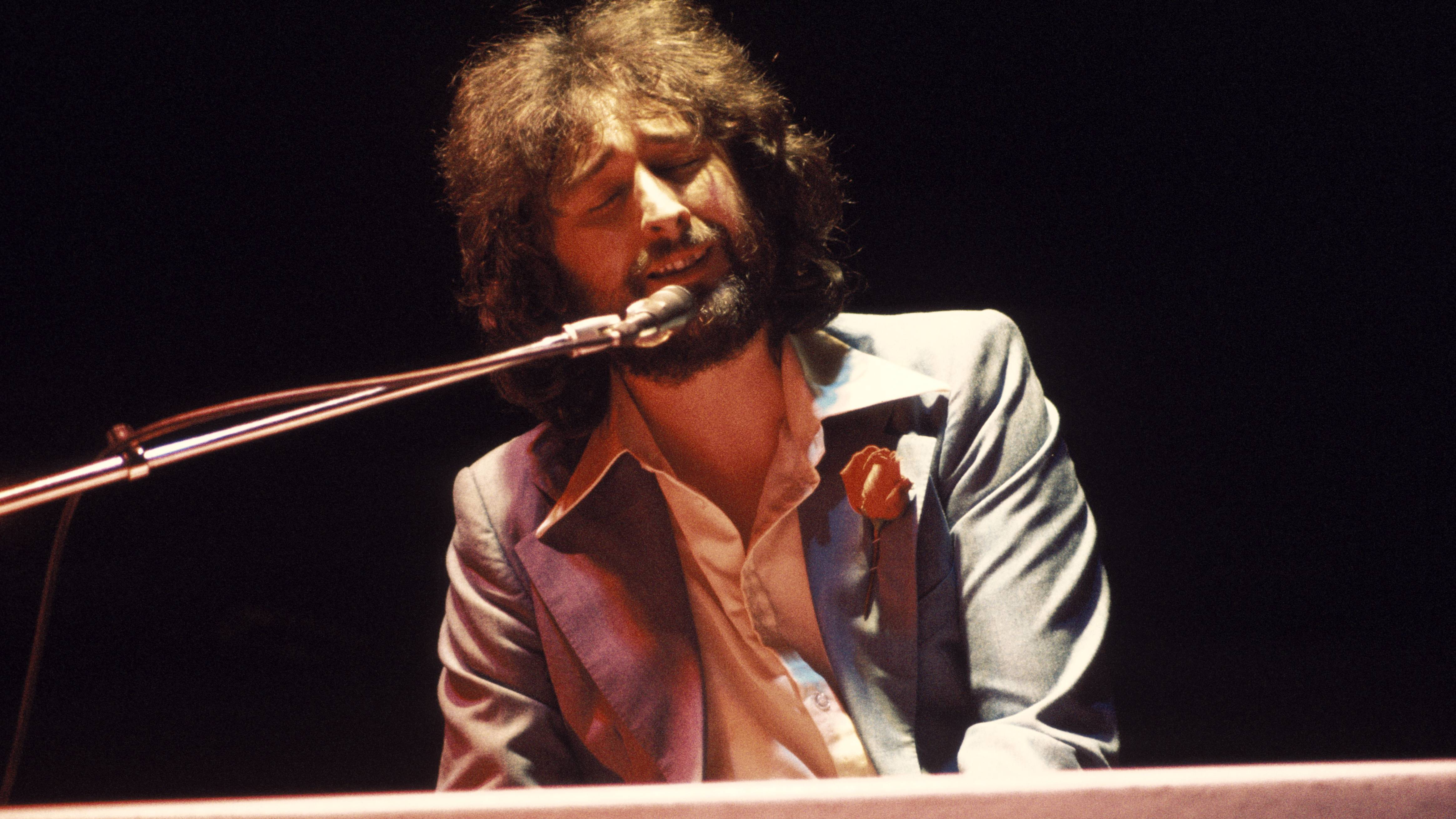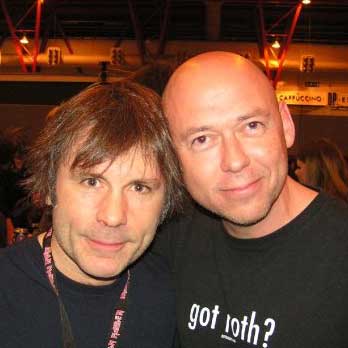“I think a certain amount of friction is inevitable when you’re involved in a creative process. It’s like two people are painting a picture on the same canvas”: How Rick Davies described the conflict that ruined Supertramp
Davies and Roger Hodgson made great music together, but it couldn’t last

In 1979, Supertramp’s album Breakfast In America held the No.1 spot on the US chart for six weeks. Even so, Rick Davies, the band’s joint leader, was a troubled figure.
“Worrying,” he said. “That takes most of my time. Professional worrier. You’re never really satisfied with what you’re doing from the inside. I think we can do better.”
In the end, it never got any better for Supertramp. Breakfast In America remained the band’s biggest selling album and their creative highpoint along with their breakthrough album from 1974, Crime Of The Century. And at the heart of all that great music was the partnership between Rick Davies and his collaborator in chief Roger Hodgson.
Supertramp was formed in London in 1969 after Hodgson replied to an ad in Melody Maker posted by Davies. It promised: ‘Genuine opportunity!’
Both were songwriters, singers and keyboard players, and from the start they had a powerful chemistry.
Their group’s name was taken from WH Davies’ vagabond journal The Autobiography Of A Super-Tramp.
Bankrolled by Dutch millionaire Stanley Miesegaes, Supertramp were one of the first acts signed to the A&M label. But when their first two albums tanked, Miesegaes pulled the plug.
Want all the hottest music and gear news, reviews, deals, features and more, direct to your inbox? Sign up here.
Hodgson and Davies stuck together with a new line-up including bassist Dougie Thomson, saxophonist John Helliwell and American drummer Bob Siebenberg, aka Bob C Benberg.
Crime Of The Century was the third album and the all-important breakthrough. It reached No.4 in the UK in 1974 and established Supertramp as one of Britain’s leading progressive rock groups.
One of the key tracks on that album was Rudy, written by Davies and featuring a recording from London's Paddington rail station with the announcement of a train to Bristol calling at Swindon, Davies' birthplace. It was a typically eccentric touch.
In the late ’70s the band relocated to the US. The move paid off handsomely when the FM radio-friendly Breakfast In America hit big. But in the wake of that success the relationship between Hodgson and Davies broke down, and after one more album, prophetically titled Famous Last Words, Hodgson quit.
Davies led Supertramp through another four studio albums with various line-ups while Hodgson worked as a solo artist.
There were attempts at a reconciliation between the two key players, but it never happened and now never will.
On 6 September 2025, Rick Davies died at the age off 81 following a long battle with cancer.
Back in 1982, shortly before Roger Hodgson quit Supertramp, Davies commented on their relationship.
“It’s been said that there’s a certain amount of friction," Davies said. "I think that’s inevitable when you’re involved in a creative process.
“It’s like two people are painting a picture on the same canvas. And somebody wants to put red there and somebody wants to put a blue. You have problems. The picture doesn’t get finished.
“In the past we’ve always been able to work around it. As we’ve progressed it got more difficult.”
In better times, however, there was a strong connection between the two men. As Hodgson said of the Breakfast In America album: “We realised that a few of the songs really lent themselves to two people talking to each other and at each other. I could be putting down his way of thinking and he could be challenging my way of seeing life.”
Hodgson added: “Our ways of life are so different, but I love him. That contrast is what makes the world go ’round and what makes Supertramp go ’round. His beliefs are a challenge to mine and my beliefs are a challenge to his.”
Many of Supertramp’s biggest hit songs were written by Hodgson, among them Dreamer, Give A Little Bit, Breakfast In America, The Logical Song, Take The Long Way Home and It’s Raining Again.
But Davies composed other landmark songs including Bloody Well Right, Rudy and the title track from Crime Of The Century, plus two cornerstones of the Breakfast In America album – Gone Hollywood and Goodbye Stranger.
Hodgson tended to write the sweeter songs for Supertramp, while Davies supplied the grittier material. In that sense, Rick Davies was the Lennon to Hodgson’s McCartney.
With Crime Of The Century, Supertramp defined a signature sound and created a progressive rock masterpiece. Each track was a classic in its own right, and with Hodgson and Davies in deeply philosophical mood, the album had an intellectual weight to match the best of Pink Floyd.
With Breakfast In America they created a perfect pop rock album, with great songs, exquisite production and arrangements, wondrous harmony vocals, thought-provoking lyrics, and an iconic cover which epitomised Supertramp’s eccentricity.
In these two classic albums, the brilliance of Rick Davies shines on.

Paul Elliott has worked for leading music titles since 1985, including Sounds, Kerrang!, MOJO and Q. He is the author of several books including the first biography of Guns N’ Roses and the autobiography of bodyguard-to-the-stars Danny Francis. He has written liner notes for classic album reissues by artists such as Def Leppard, Thin Lizzy and Kiss. He lives in Bath - of which David Coverdale recently said: “How very Roman of you!”
You must confirm your public display name before commenting
Please logout and then login again, you will then be prompted to enter your display name.

